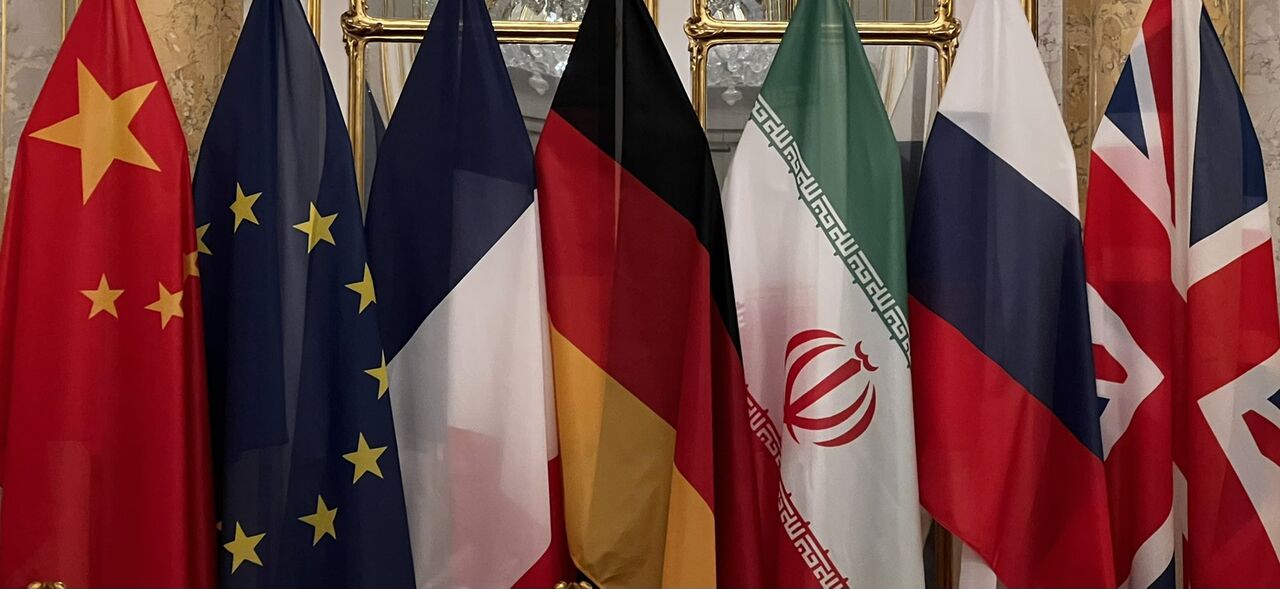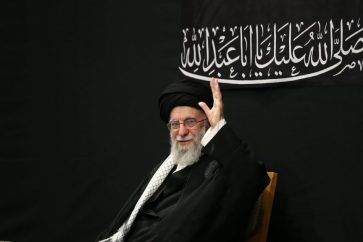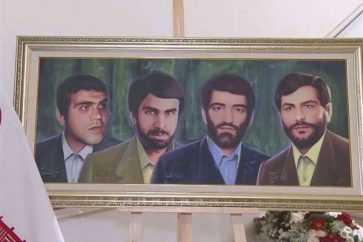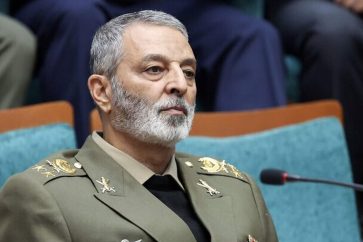As the talks in Vienna, Austria, to revive the 2015 nuclear deal and remove anti-Iran sanctions are on right track, top nuclear negotiators agreed upon concluding the second phase of the eighth round of negotiations on Friday to return to their capitals for more consultations.
Iran’s top nuclear negotiator Ali Bagheri Kani held bilateral and multilateral talks with the European Union’s coordinator for the Vienna talks Enrique Mora and representatives of three European powers (Britain, France and Germany) at Palais Coburg on Friday evening.
The Friday meetings were also held at both top negotiators and experts levels to discuss lifting anti-Iran sanctions and assurances for future actions.
The top nuclear negotiators from Iran and the European trio agreed upon a two-day halt of the talks to return to their capitals to perform their political duties and have consultations in their capitals.
It is noteworthy that the temporary interval does not mean the end of the eighth round of the Vienna talks because the negotiations will continue at expert level.
On Thursday, the representatives of the United States, the European Union, and the P4+1 group of countries – Britain, France, Russia, China, plus Germany – held talks on the latest developments of the talks on lifting sanctions which were illegally imposed by the US after it unilaterally pulled out of the Joint Comprehensive Plan of Action (JCPOA) in March 2018.
Head of the Delegation of the Russian Federation to the Vienna Negotiations Mikhail Ulyanov wrote on his Twitter account that the negotiators convened to compare the existing texts and that they paid attention to the method of implementing a future consensus, which is not an easy job.
An informed source told IRNA on condition of anonymity that the number of issues of difference has decreased and delegations are busy to discuss way of implementing any potential agreement.
Now, the teams are negotiating on difficult issues and the way to prepare the wordings of a future document.
According to reports from the venue of the talks, the Iranian negotiators have been focusing on assurances and verification of future US moves to reach a good and acceptable agreement that will guarantee the Iranian nation’s rights and interests.
The US and Iran are exchanging some topics in the form of non-paper messages. Iranian Foreign Minister Hossein Amirabdollahian underlined that the Americans speak of good consensus, but they do not propose any practical initiative.
He noted that the Western parties reiterate that they are concerned and they are in a hurry to reach an agreement, but their deeds and words show paradoxes.
Amirabdollahian also announced that the Islamic Republic welcomes a good agreement in the shortest time, but such an outlook depends on the Western sides.
The Vienna talks are reportedly moving forward, but reaching a consensus depends upon political determination by the US and the European powers.
The Iranian delegation has proposed initiatives and practical drafts, but the European trio has played a passive role and tried to merely comment on the Iranian propositions.
According to Iran’s Foreign Ministry spokesman Saeed Khatibzadeh, Americans and Iranians used non-paper communication method in a bid to declare their viewpoints on removal of sanctions, assurances on effective lifting of sanctions, nuclear commitments, and verification of future US actions.
The current progress in the Vienna talks proves that the Islamic Republic is serious to reach a good agreement, so the ball is in the court of the West to show seriousness in this respect.
Source: IRNA




